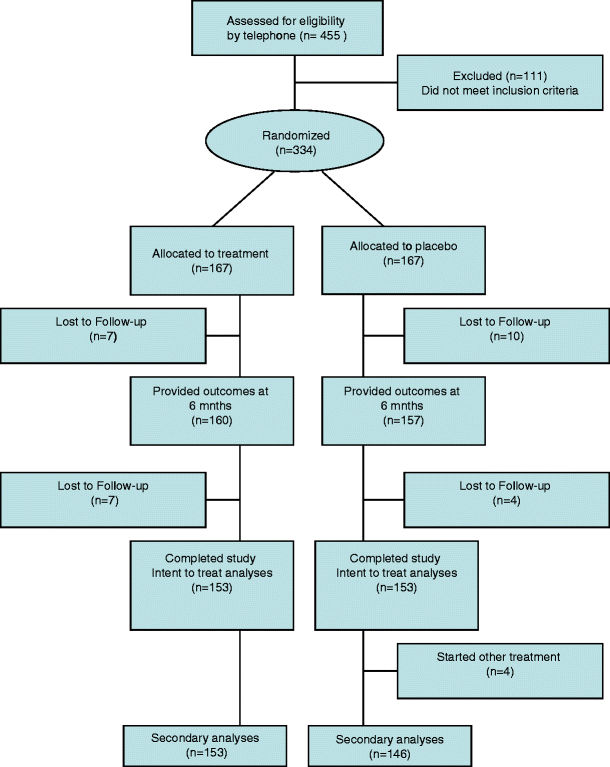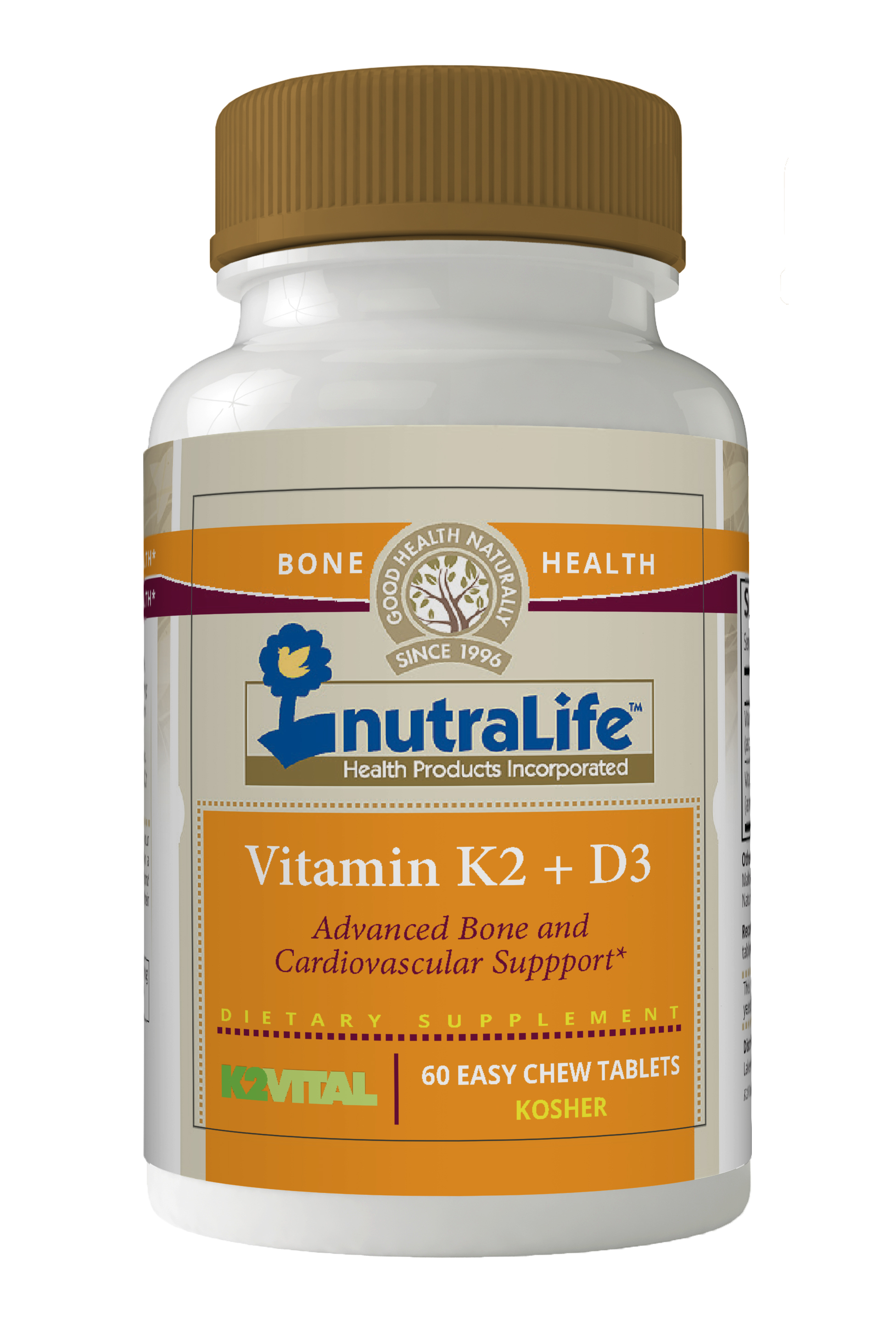
 Vitamin K supplements may reduce BVC in humans: One controlled study in older people showed that supplementing with 500 mcg of vitamin K1 every day for three years slowed BVC by 6% ( 18). High-dose vitamin K supplements prevented BVC in animals: A controlled study in rats at a high risk of calcification showed that a high-dose vitamin K2 supplement prevented BVC ( 17). Vitamin K deficiency is associated with BVC: Observational studies have linked low vitamin K levels to an increased risk of blood vessel calcification ( 16). BVC is associated with heart disease: According to experts, blood vessel calcification is one of the main underlying causes of heart disease ( 14, 15). Hypercalcemia leads to blood vessel calcification (BVC): In hypercalcemia, calcium and phosphorus levels become so high that calcium phosphate starts to accumulate in the lining of blood vessels. Vitamin D toxicity causes hypercalcemia: One symptom of extremely high vitamin D levels (toxicity) is hypercalcemia, a condition characterized by excessively high levels of calcium in the blood ( 13).
Vitamin K supplements may reduce BVC in humans: One controlled study in older people showed that supplementing with 500 mcg of vitamin K1 every day for three years slowed BVC by 6% ( 18). High-dose vitamin K supplements prevented BVC in animals: A controlled study in rats at a high risk of calcification showed that a high-dose vitamin K2 supplement prevented BVC ( 17). Vitamin K deficiency is associated with BVC: Observational studies have linked low vitamin K levels to an increased risk of blood vessel calcification ( 16). BVC is associated with heart disease: According to experts, blood vessel calcification is one of the main underlying causes of heart disease ( 14, 15). Hypercalcemia leads to blood vessel calcification (BVC): In hypercalcemia, calcium and phosphorus levels become so high that calcium phosphate starts to accumulate in the lining of blood vessels. Vitamin D toxicity causes hypercalcemia: One symptom of extremely high vitamin D levels (toxicity) is hypercalcemia, a condition characterized by excessively high levels of calcium in the blood ( 13). 
Several lines of evidence partly support this idea: Some people are concerned that a high vitamin D intake may promote blood vessel calcification and heart disease among those who are low in vitamin K.

Vitamin K promotes calcium accumulation in your bones, while reducing its accumulation in soft tissues such as blood vessels. One of vitamin D’s main functions is to ensure adequate levels of calcium in your blood.
Reduces calcification of soft tissues: Vitamin K activates matrix GLA protein, which prevents calcium from accumulating in soft tissues, such as the kidneys and blood vessels ( 5, 6).Īt this point, few controlled human studies have investigated the effects of vitamin K supplements on blood vessel calcification, but more studies are under way ( 7, 8, 9).īlood vessel calcification is implicated in the development of chronic diseases, such as heart and kidney disease ( 10, 11, 12). Promotes calcification of bone: Vitamin K activates osteocalcin, a protein that promotes the accumulation of calcium in your bones and teeth ( 4). Vitamin K regulates calcium in your body in at least two ways: However, vitamin D does not fully control where the calcium in your body ends up. As mentioned above, vitamin D ensures that your blood levels of calcium are high enough to meet your body’s demands.







 0 kommentar(er)
0 kommentar(er)
